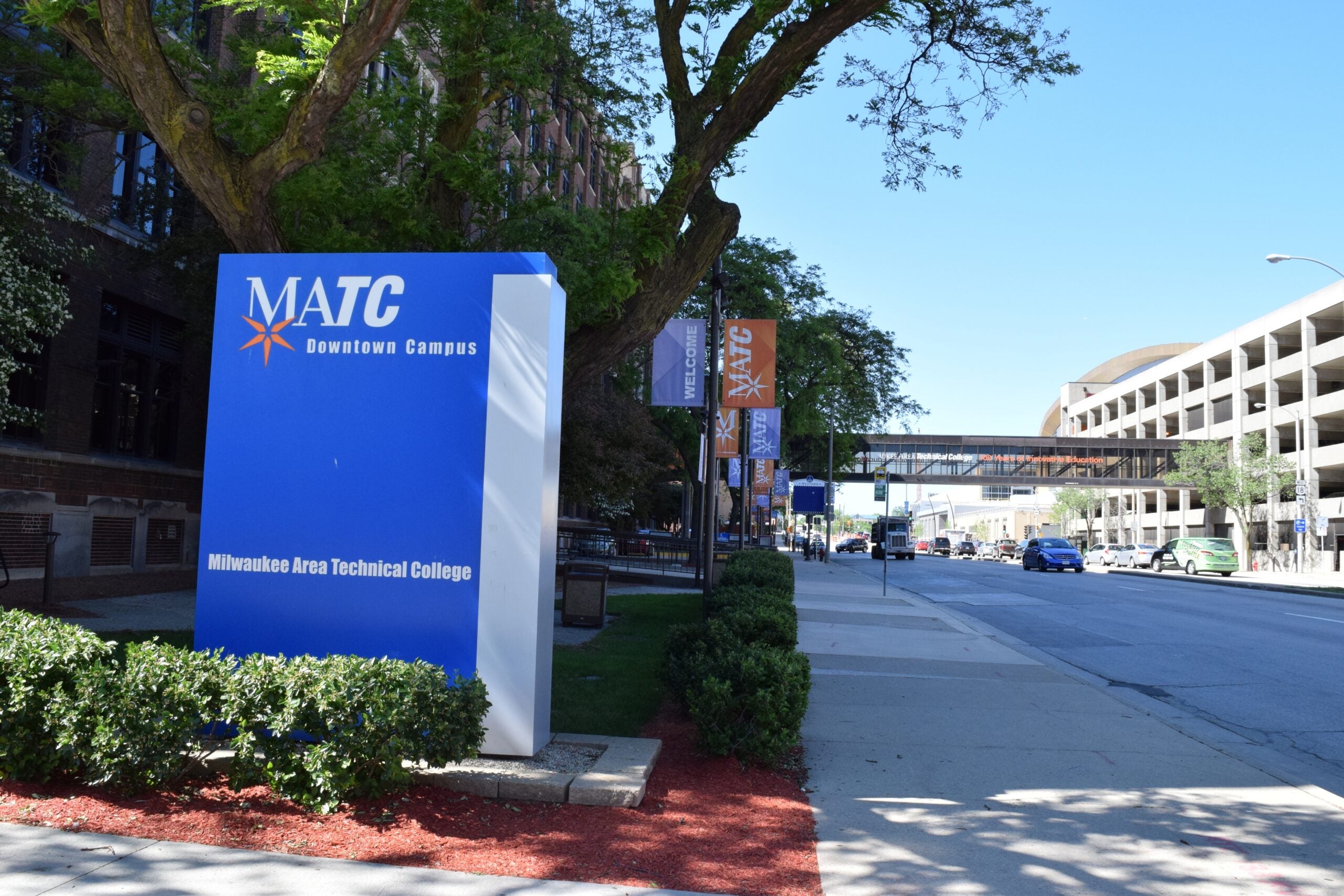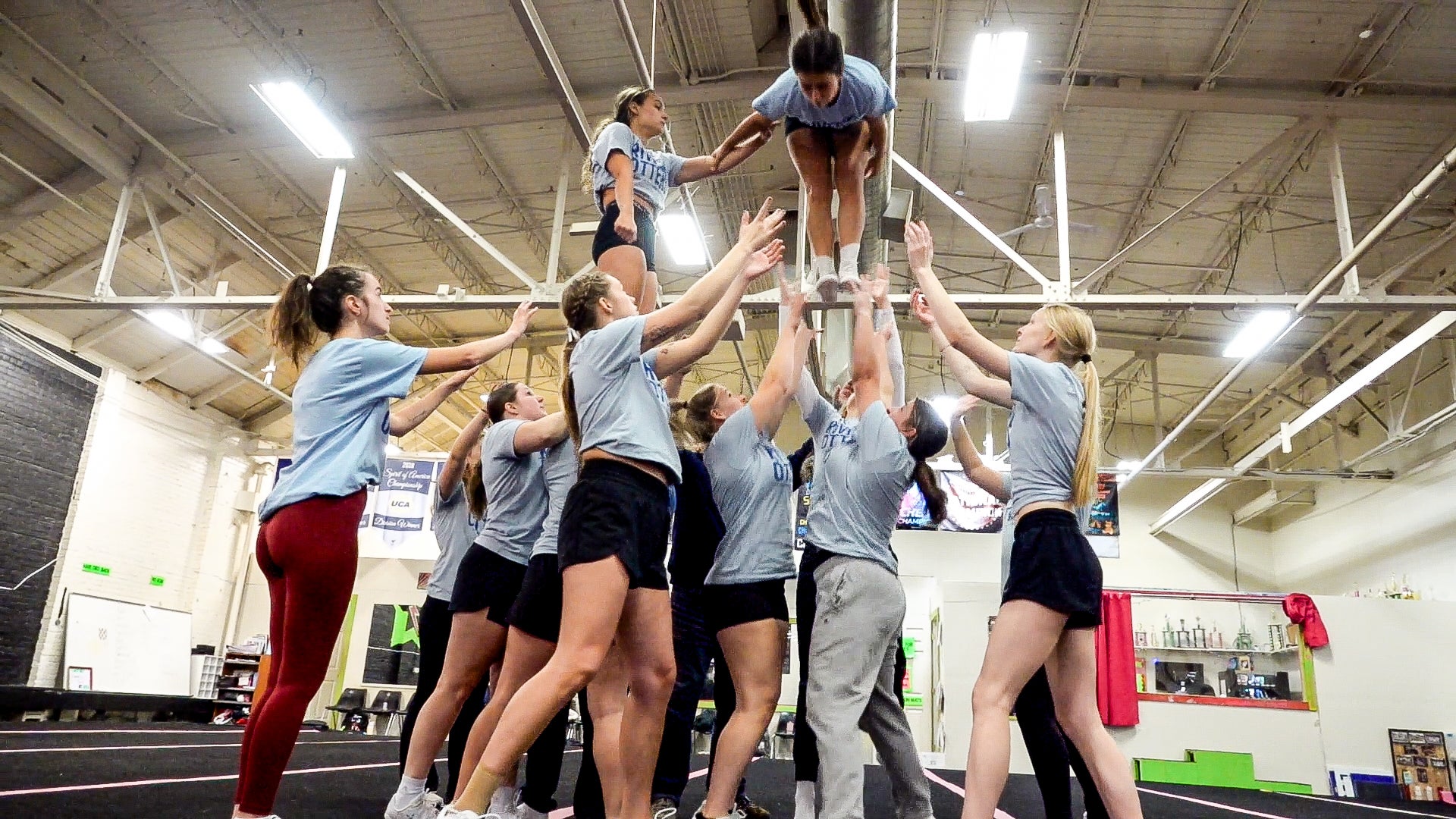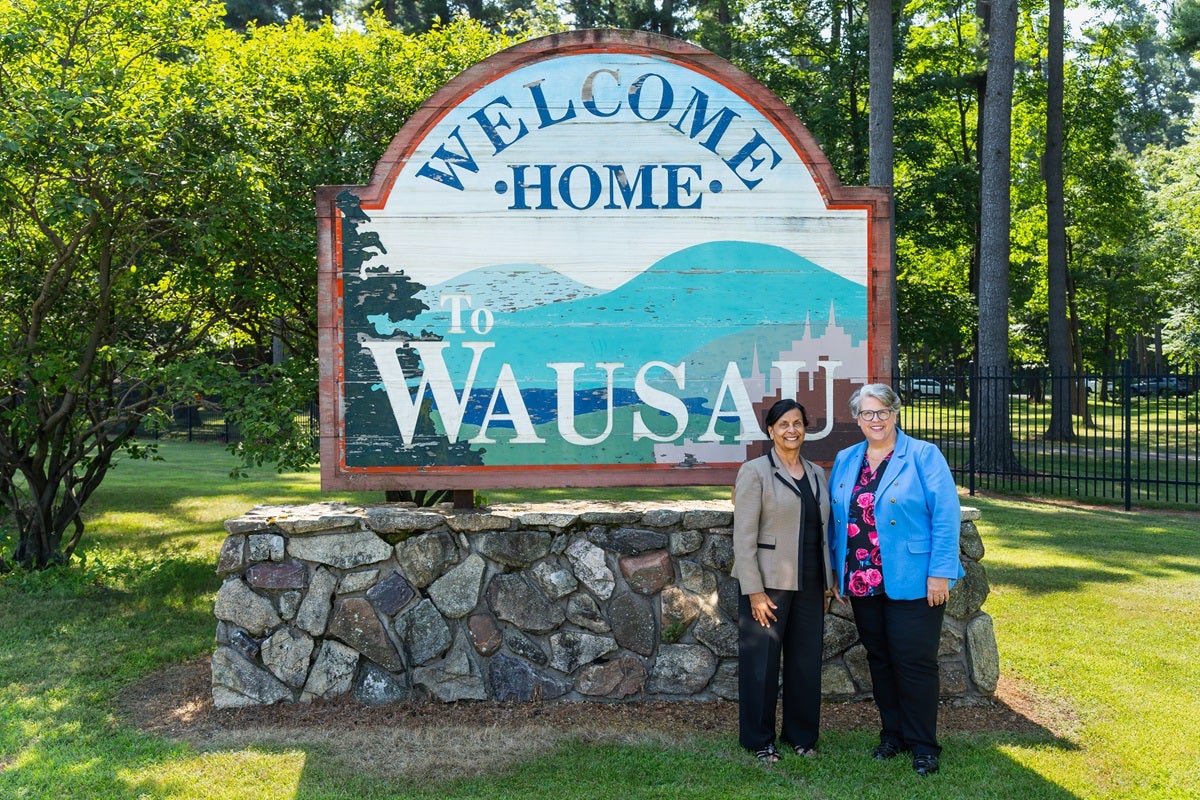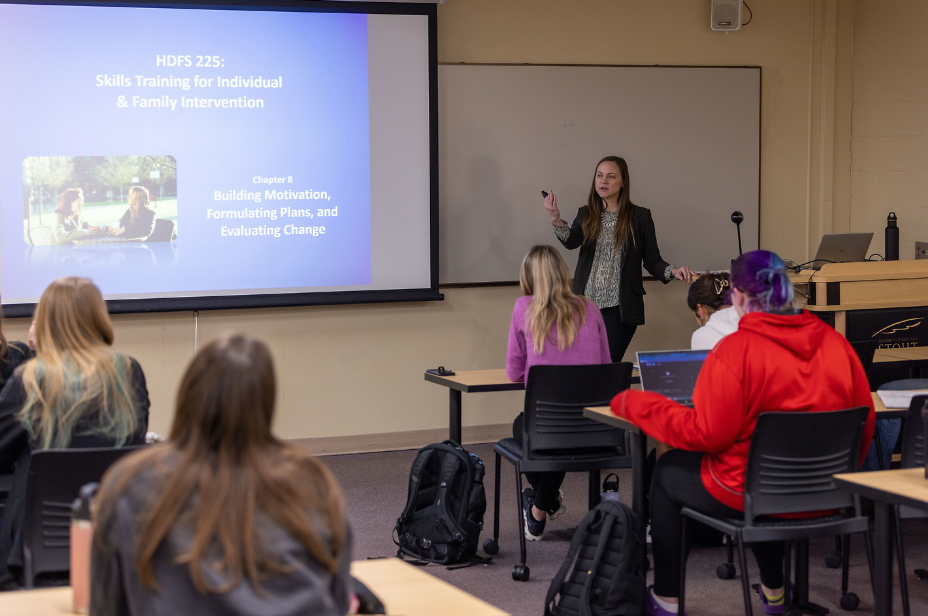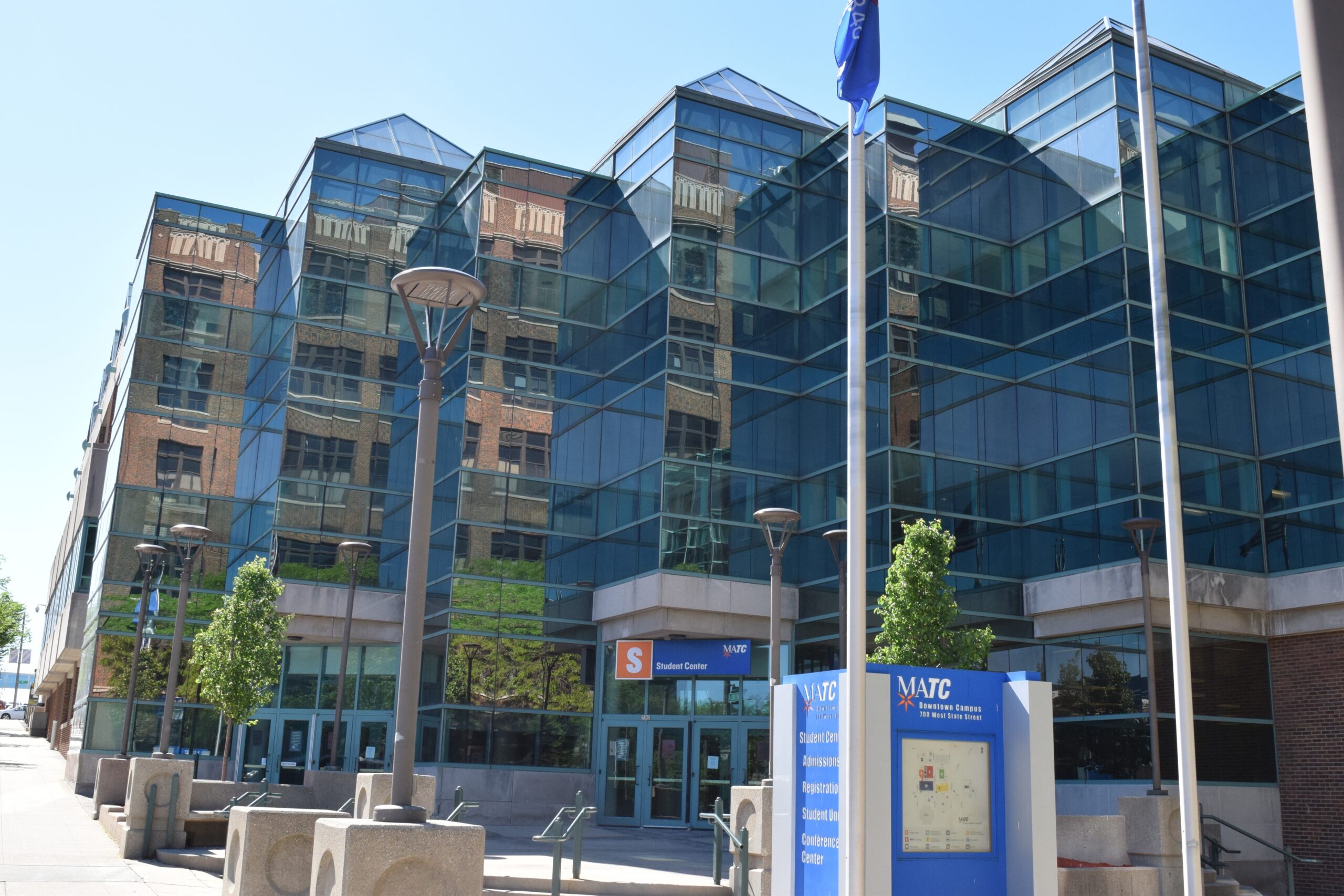When Peter Burzynski was first exposed to poetry 20 years ago at Pius XI Catholic High School in Milwaukee, he devoured it.
Burzynski would stay up until 5 a.m. reading poems, only to get an hour of sleep before school. It became what he calls a beautiful obsession.
Burzynski, 37, was born in Milwaukee and grew up in a predominantly Polish neighborhood.
News with a little more humanity
WPR’s “Wisconsin Today” newsletter keeps you connected to the state you love without feeling overwhelmed. No paywall. No agenda. No corporate filter.
His parents, who immigrated from Poland in the early 1980s, owned and operated Polonez, the city’s only Polish restaurant for 39 years until closing it in 2022.
Burzynski began working as a busboy at Polonez when he was 10, eventually graduating to waiter and later sous chef. He worked beside his father to create classic Polish dishes including bigos (hunter’s stew), czarnina (duck-blood soup) and dill pickle soup.
But his beautiful obsession was always there.
“Growing up bilingual, I always had an affinity for language and how it twists and bends, and I love the word play,” Burzynski said. “I love the impact of the words. I love the paradoxes that poetry can contain. All of those things drew me to poetry above all other literary form.”
Burzynski received his bachelor’s degree from the University of Wisconsin-Madison, a master’s degree in fine arts in poetry from The New School in New York City, a master’s degree in Polish literature from Columbia University in New York City, and a doctorate in creative writing from the University of Wisconsin-Milwaukee.
He has been teaching English and communications since 2019 at Milwaukee Area Technical College.
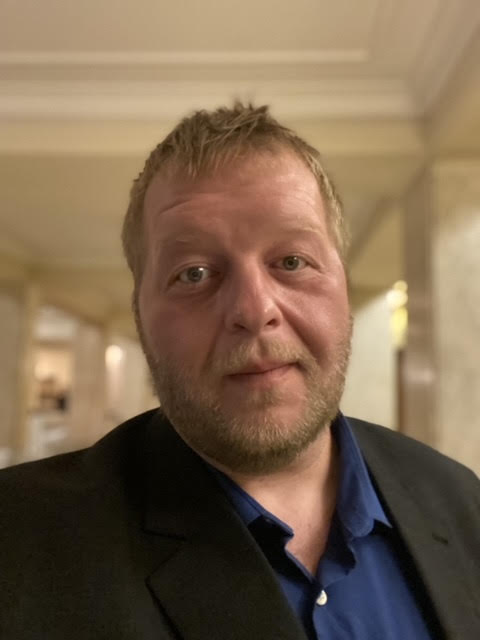
Since September, Burzynski has been in Slovakia in central Europe, on a prestigious Fulbright Scholarship. While there, Burzynski is teaching at a university and working on a book about his family’s Cold War experience.
Burzynski is not MATC’s first Fulbright recipient. In fact, the school has been named a top producing institution of Fulbright U.S. Scholars for the 2023-24 academic year.
Fulbright is the United States government’s flagship international academic exchange program. Fulbright U.S. Scholars are faculty, researchers, administrators and established professionals accepted in the competitive program to teach, conduct research and carry out professional projects in affiliation with institutes abroad.
MATC is one of only 12 honorees in the associate and baccalaureate/associate institution category, and only one of three technical colleges.
“This affirms that our faculty are seeking greater opportunities to explore, grow and learn concepts they can bring back to MATC for the betterment of the college,” MATC President Vicki Martin said in a statement.
Fulbright is a program of the U.S. Department of State, founded in 1946 by former U.S. Sen. J. William Fulbright.
Opening up the world to students
In 2019, Jacqueline Robinson, instructional chair of MATC’s Social Sciences Department, won a Fulbright and traveled to Senegal.
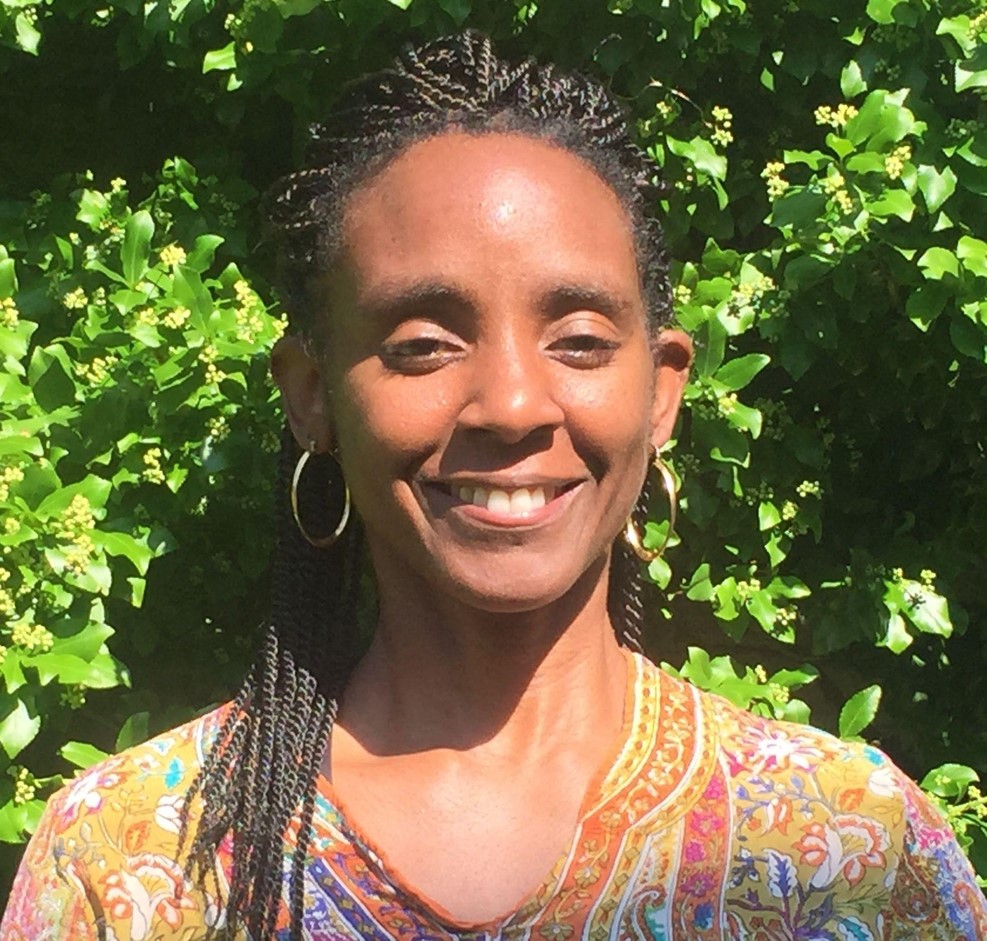
Until the pandemic forced her to come home, she conducted ethnographic fieldwork examining food knowledge, practices and traditions of women in the city of Dakar.
It was also an opportunity for Robinson to show her three young children what life in Africa was like, while they learned to speak French.
It was Robinson’s second Fulbright. She received the grant while in graduate school to to anthropological fieldwork in Mali and Senegal.
“Fulbright is an amazing opportunity for all types of scholars,” Robinson said, adding that one of the reasons she wanted to return to Africa was to inspire her students at MATC.
“I always tell my students, ‘Your world is so much bigger than Milwaukee.’ And so my classes…allow students to begin to think and act globally,” Robinson said. “So it really begins to cement the seed for many of my students so that they can begin to see themselves as global citizens.”
Wisconsin Public Radio, © Copyright 2026, Board of Regents of the University of Wisconsin System and Wisconsin Educational Communications Board.

